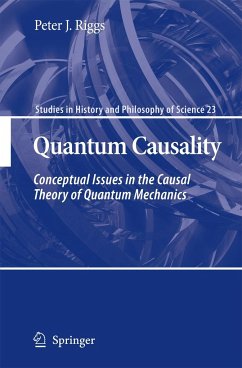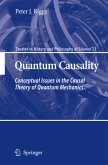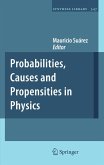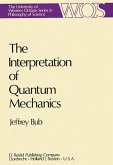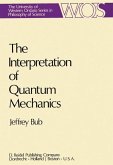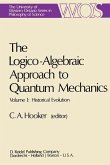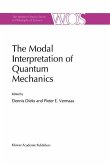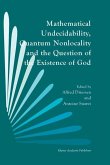There is no sharp dividing line between the foundations of physics and philosophy of physics. This is especially true for quantum mechanics. The debate on the interpretation of quantum mechanics has raged in both the scientific and philosophical communities since the 1920s and continues to this day. (We shall understand the unqualified term 'quantum mechanics' to mean the mathematical formalism, i. e. laws and rules by which empirical predictions and theoretical advances are made. ) There is a popular rendering of quantum mechanics which has been publicly endorsed by some well known physicists which says that quantum mechanics is not only 1 more weird than we imagine but is weirder than we can imagine. Although it is readily granted that quantum mechanics has produced some strange and counter-intuitive results, the case will be presented in this book that quantum mechanics is not as weird as we might have been led to believe! The prevailing theory of quantum mechanics is called Orthodox Quantum Theory (also known as the Copenhagen Interpretation). Orthodox Quantum Theory endows a special status on measurement processes by requiring an intervention of an observer or an observer's proxy (e. g. a measuring apparatus). The placement of the observer (or proxy) is somewhat arbitrary which introduces a degree of subjectivity. Orthodox Quantum Theory only predicts probabilities for measured values of physical quantities. It is essentially an instrumental theory, i. e.
From the reviews:
"This text on the derivation of both the time dependent and time independent Schrodinger equations is breaking new ground concerning the single, 2D, and 3D quantum mechanical systems. It is very well written and superbly written for both student and expert ... . the text will be of great value for future physicists, chemists, and other fields of science at both the introductory level, but also in addition to more advanced levels in both teaching/ research. I highly recommend this book for all readers." (Joseph J. Grenier, Amazon.com, November, 2013)
"This text on the derivation of both the time dependent and time independent Schrodinger equations is breaking new ground concerning the single, 2D, and 3D quantum mechanical systems. It is very well written and superbly written for both student and expert ... . the text will be of great value for future physicists, chemists, and other fields of science at both the introductory level, but also in addition to more advanced levels in both teaching/ research. I highly recommend this book for all readers." (Joseph J. Grenier, Amazon.com, November, 2013)

